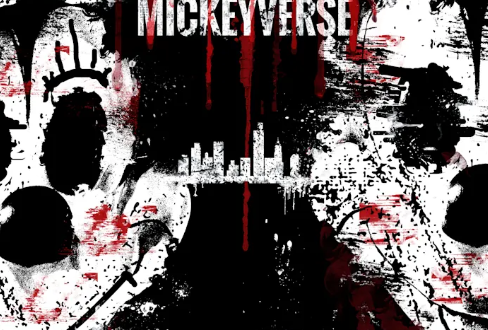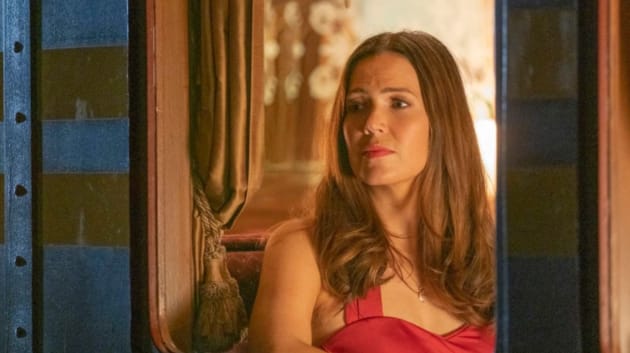Christmas, ostensibly a season of jubilation and merriment, paradoxically lends itself to an intriguing fusion with the horror genre. This seemingly incongruous amalgamation has captivated audiences, begging the question: what psychological mechanisms underlie our fascination with Christmas horror?
One plausible explanation lies in the realm of cognitive dissonance. The juxtaposition of saccharine holiday sentimentality with gruesome terror creates a sense of discordant unease, piquing our interest and engaging our emotions. By subverting traditional notions of holiday cheer, Christmas horror exploits our deep-seated desire for thrilling narrative complexity.
Moreover, the holiday season’s emphasis on nostalgia and sentimentality renders us vulnerable to explorations of the uncanny. Christmas horror often employs familiar, comforting tropes—Santa Claus, snowmen, festive gatherings—only to pervert them into harbingers of dread. This manipulation of iconic symbols taps into our collective unconscious, evoking primal fears and primal fascination.
The psychological concept of “pleasurable fear” also plays a significant role. Christmas horror provides a controlled environment for confronting and releasing pent-up anxieties, allowing viewers to experience a cathartic purging of emotions. By immersing ourselves in frightening scenarios, we momentarily confront and conquer our deepest fears, emerging with a renewed sense of emotional equilibrium.
Additionally, Christmas horror frequently serves as a vehicle for social commentary, cleverly disguising subversive critiques of consumerism, conformity, and societal expectations within the trappings of terror. This clever subterfuge enables creators to tackle weighty themes under the guise of entertainment, resonating with audiences seeking more nuanced, thought-provoking narrative experiences.
The allure of Christmas horror can also be attributed to its capacity for psychological introspection. By probing the darker aspects of human nature—greed, jealousy, and the struggles of interpersonal relationships—these stories encourage self-reflection and empathy. Through the lens of horror, we gain insight into our own psychological complexities, fostering a deeper understanding of ourselves and those around us.
Ultimately, the appeal of Christmas horror stems from a multifaceted interplay of psychological, emotional, and cultural factors. By embracing the oxymoronic fusion of fear and festivity, we reveal our profound capacity for complexity, our willingness to confront the shadows that lurk within and without.
In this twisted holiday mirror, we find a reflection of our own psyche—fragile, flawed, and fascinated by the darkness that lies just beyond the twinkling lights of the Christmas tree.























































![Cody Johnson – I’m Gonna Love You (with Carrie Underwood) [Official Music Video] Cody Johnson – I’m Gonna Love You (with Carrie Underwood) [Official Music Video]](https://i.ytimg.com/vi/yy9PuYMU29g/maxresdefault.jpg)





![A Woman’s Fury: ‘Strange Darling’ & ‘Last Night in Soho’ [Double Trouble] A Woman’s Fury: ‘Strange Darling’ & ‘Last Night in Soho’ [Double Trouble]](https://i0.wp.com/bloody-disgusting.com/wp-content/uploads/2024/06/3-STRANGE-DARLING-WILLA-scaled.jpg?resize=1000%2C600&ssl=1)









